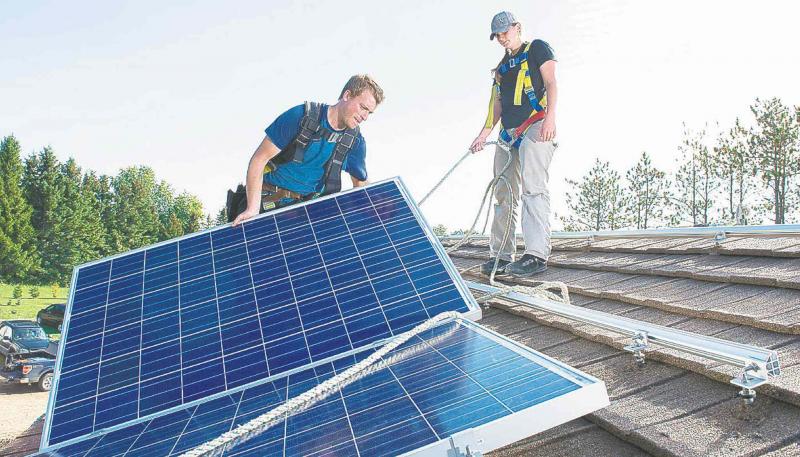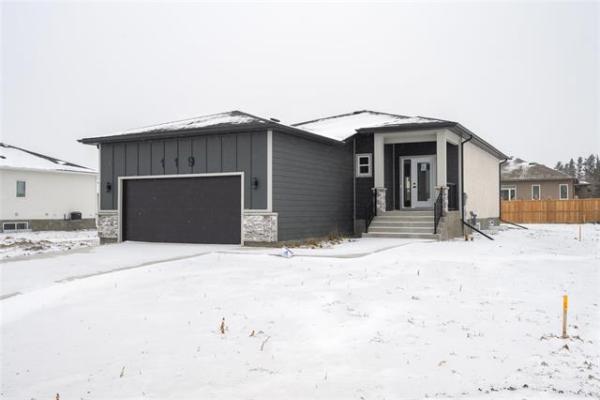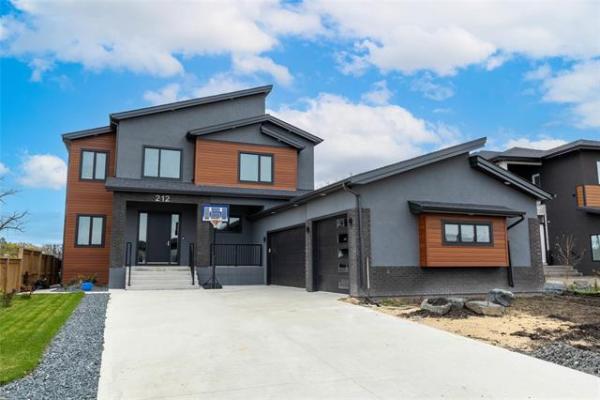Every year, people around the world shut off their lights for one hour, from 8:30 p.m. to 9:30 p.m., all in the name of Earth Hour and saving our planet.
This year, Earth Hour was on March 29. I turned off the lights, and I hope millions of Canadians did, too.
With every passing year, Earth Hour gets bigger -- more organizations and countries participate, more people get involved and the stakes get higher. This is great because it means we're taking bigger steps toward building a sustainable future.
Earth Hour has become the largest mass-participation event in history. What does that tell you? That people care about the planet, climate change and they're willing to do something about it.
A lot of us want to build a sustainable future, and thankfully, it's not just people stepping up to the plate. Governments are, too. Proper programs are being developed that support homeowners as they try to make their homes more green and energy-efficient. For example, solar leasing is a good way to start weaning homes off non-renewable energy.
Using solar energy to power your home is smart, but the initial investment is beyond what most households can afford -- solar-electric systems aren't cheap. Upfront costs include solar panels, installation and any changes or upgrades that need to be made to the home so these systems can be properly (and safely) installed.
Once everything is done, the total cost of adding a solar-electric system to your home can be from $30,000 to $40,000.
Instead of investing this money yourself, a solar-leasing program can cover the cost of the installation, operation and maintenance of the solar-power system for you. This is done through companies or organizations such as PURE Energies, which work with local governments to make it financially easier for homeowners to install solar-energy systems in their home.
The way most solar-leasing programs work is the energy generated by the solar panels on a home feed into the electric grid and the homeowner gets a credit for that energy. So any time the household uses electricity, the owner doesn't pay for the amount of energy the panels have already contributed to the power grid.
The great thing about solar leasing is the security. Homeowners never have to worry about not having enough electricity or power. Solar panels can't generate electricity when it's cloudy or at night. But with solar leasing, households pull energy from the power grid while feeding it with solar power.
Solar leasing also saves homeowners the trouble of maintaining or repairing the system -- solar experts check and monitor the system for them. Plus, some companies such as PURE Energies will monitor other systems in the home that affect energy efficiency. For example, they will check a home's HVAC system to make sure it's working efficiently, given the weather conditions and temperature.
Another great initiative is financing for energy-efficient home renovations or retrofits. This helps homeowners replace bad windows, add more insulation or replace an old, inefficient furnace.
Toronto recently launched a new pilot project called the Home Energy Loan Program (HELP), which means 1,000 homes will be retrofitted over the next three years to help make them more energy- and water-efficient. Homeowners will still need to repay the loan by instalments on their tax bill, but they will be saving money monthly, thanks to lower energy bills, and helping reduce their carbon footprint.
Programs such as HELP have another big impact: They educate. They get homeowners to start thinking about the long term -- measures that will make their homes last longer, save energy, save water, save money and ultimately save the planet.
They put the focus back on making homes better, not just better-looking, which often just creates more waste. It motivates people to care about things such as a subfloor system that will keep their basement warm and dry rather than just worry about the flooring that goes on top, or the best kind of insulation instead of getting the cheapest.
These programs change peoples' thinking, which changes the future. I hear a lot of moaning and groaning about the costs of green initiatives, but that's short-term thinking. Building and renovating right is not just about today, it's about tomorrow and the things you're willing to do to make it right.
Earth Hour is an hour of darkness, but it brings a lot of light when it comes to building a sustainable future.
-- Postmedia Network Inc. 2014
Watch Mike Holmes on Holmes Makes It Right on HGTV. For more information visit makeitright.ca.




